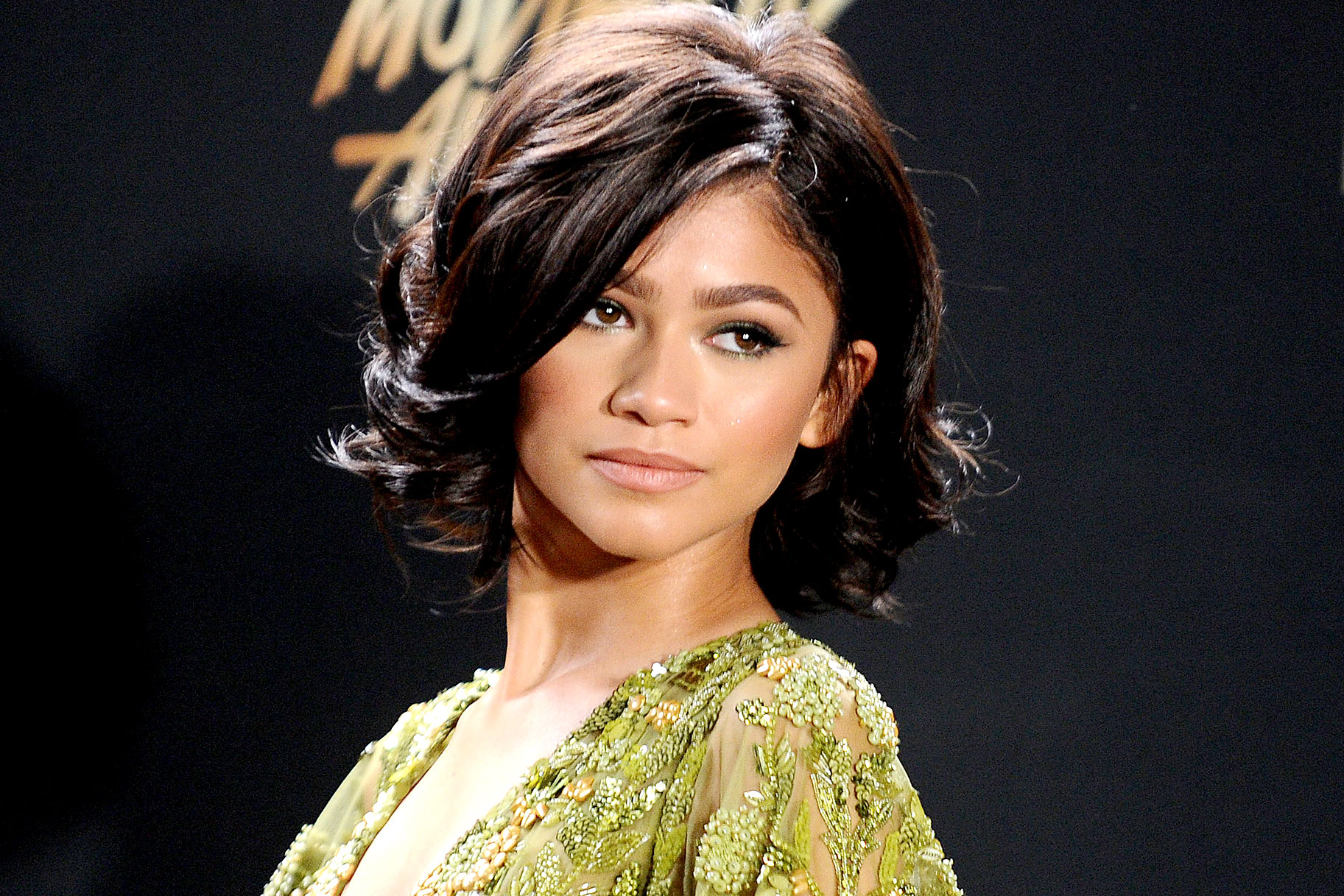Hiring actors for film and television roles often involves releasing casting notices that indicate a preferred ethnic and racial background for the roles, a controversial process that can lead to serious biases regarding the actors cast for specific parts.
Actress Zendaya Coleman recently addressed the issue during a conversation with Vanity Fair writer Janet Mock. She spoke candidly about how the casting process has somewhat limited the roles that “fit” her description, including her role in Marvel’s “Spider-Man: Homecoming.”
Coleman noted, however, that she doesn’t let her race define the roles that she auditions for in the industry. “I always tell my theatrical manager, ‘Anytime it says they’re looking for white girls, send me out. Let me get in the room. Maybe they’ll change their minds,’” she said.
https://www.instagram.com/p/BmIwTQlAlK3/?utm_source=ig_embed
But Coleman isn’t the first person in Hollywood to note the racial biases associated with the casting process. “Black Panther” star Michael B. Jordan also called attention to the biases during an interview with Variety. After wrapping production on “Fruitvale Station,” Jordan told his agents that he no longer wanted to audition for parts specifically written for black men.
“I said, I don’t want it. I want to only go for, like, [roles written for] white males … Me playing that role is going to make it what it is. I don’t want any pre-bias on the character.”
It is well known that the media rarely reflects the diverse background of America. In 2016, for example, people of color only held 13.9 percent of lead roles in films, and minorities only accounted for around 20 percent of lead roles on scripted cable television.
Despite the fact that people of color make up more than 40 percent of the American population, they are vastly underrepresented in film and television.
The degree of underrepresentation in the media can be attributed to the fact that, as Coleman and Jordan noted, a lot of roles are written specifically for white people or are oftentimes assumed to most likely be designated for a white actor.
A study by Berkeley Law professor Russell Robinson found that 22.5 percent of advertised role openings were for Caucasian actors, and the next largest group (African Americans) was only the target demographic for 8.1 percent of listings.
Robinson also found that, while almost half of casting notices did not specify an ethnic background, almost 60 percent of roles that were not ethnic-specific still went to white actors. Based on his findings, around 70 percent of roles are ultimately going to white actors.
There is a major lack of representation in the media, and a lot of it can be attributed to the alarming presence of implicit and explicit biases in casting decisions. Coleman is the latest celebrity to call out the unfair treatment of non-white actors, and others will likely follow.

















